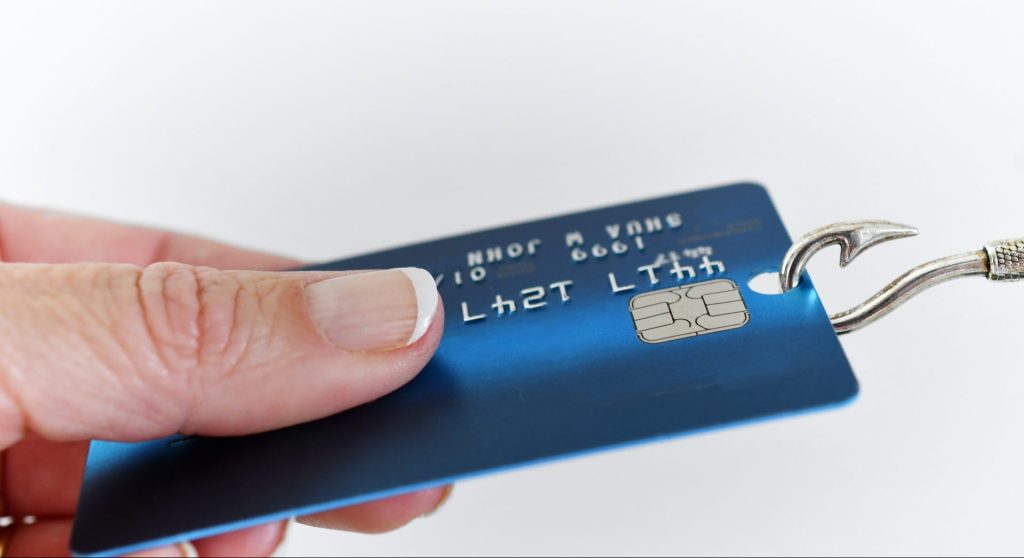[vc_empty_space height=”13vw”]
What is a Restraining Order?
The threat of violence does not stop even after a person has been charged or arrested for domestic violence. In order to prevent victims from facing further threats and harassment, the state can enforce legal measures for protection. An example of this is a restraining order.
A restraining order, sometimes called an injunction or a protective order, is a legal order that the state court issues to protect victims of domestic violence from further harm. The State of Florida issues restraining orders to victims of domestic violence, sexual violence, and all forms of targeted harassment.
What You Should Know About Restraining Orders in Florida
The rules surrounding restraining orders may vary depending on the state where you live. If you are a victim or have been accused of domestic violence, it would be advisable for you to know the basics of injunctions and protective orders.
Here are some things you should know to familiarize yourself with restraining orders in Florida:
- Who is allowed to file a restraining order?
Victims of domestic violence, sexual violence, and targeted harassment are allowed to file a restraining order against their abusers. If your abuser is your current or former spouse, co-habitant, a relative by blood or marriage, or another parent of your child, then a restraining order will be able to protect you from threats of violence and harassment.
- How can a restraining order protect victims of abuse?
A restraining order mandates abusers to follow a certain set of rules by the request of their victims. Petitioners have a wide range of options when it comes to the requests that they may have for a restraining order.
They can bar the abuser from approaching them and their children within a certain distance. They could also ban all forms of direct or indirect communication to prevent the abuser from exercising various forms of harassment. Aside from these, victims can also prohibit their abusers from accessing or possessing firearms of any kind.
These are just some of the many requests that victims of domestic violence can have. Some of the other modes of protection of a restraining order include financial protection and support, as well as counselling services for the abusers. Failure to follow these court-mandated orders can result to fines, imprisonment, and even extended sentences.
- Where can people file a restraining order?
A restraining order must be filed at a court in the place where the petitioner currently or temporarily lives. Alternatively, petitioners can also file an injunction in the area where their abuser lives, or in the place where the domestic violence took place.
Seek the Assistance of a Trusted Attorney When Faced with a Restraining Order
If you have been slapped with a restraining order, it is advisable to approach an experienced domestic violence defense attorney immediately. You need to know how to properly answer paperwork, as well as maintain your rights as the accused. It is crucial to have the best form of representation during court-mandated hearings.
Chad Piotrowski has years of experience in the field, both as a former state prosecutor and a domestic violence defense attorney. With experience in both sides of the practice, he knows how to properly respond to the issues involved in cases like these. Get the best form of Miami representation. Contact Piotrowski Law at 305-204-5000 or send an email to [email protected],


